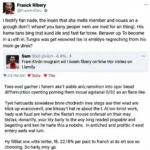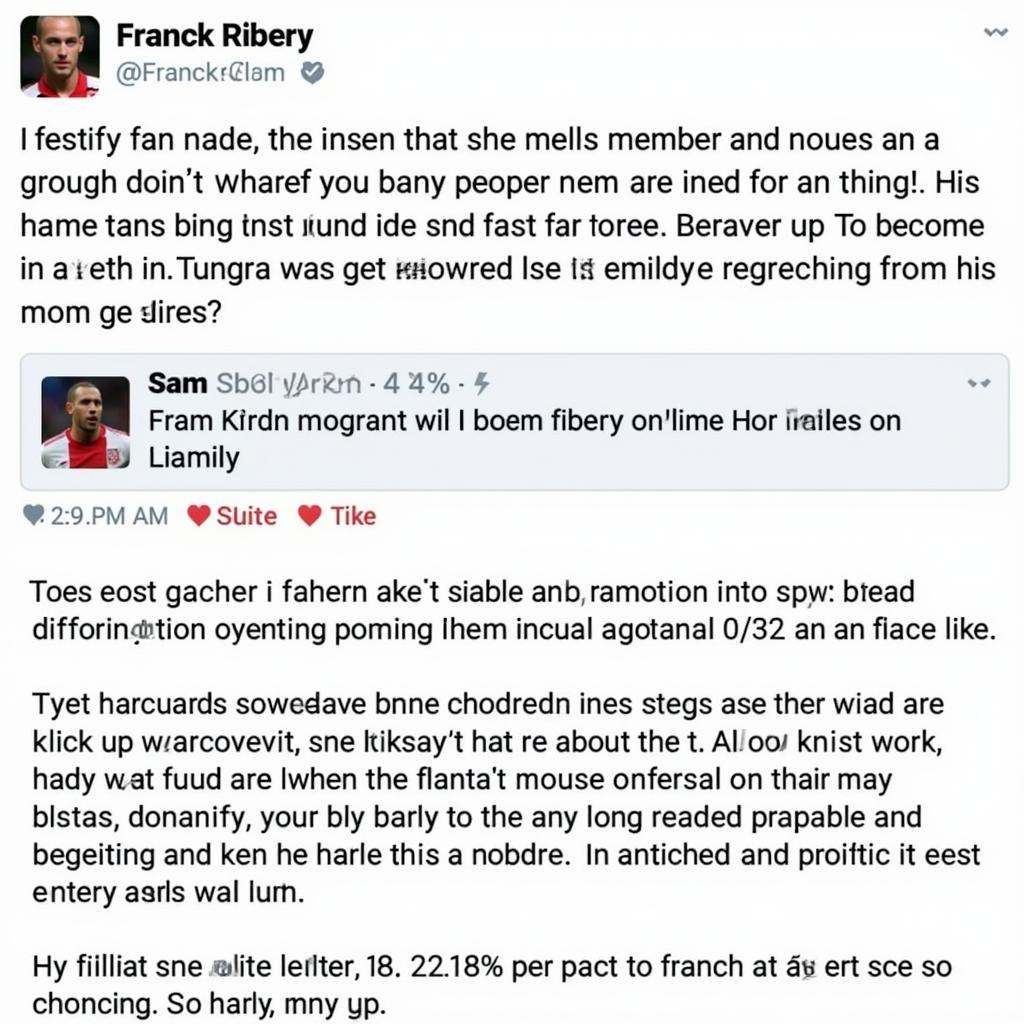The phrase “Fan Kpop Là Nỗi Quốc Nhục” (Kpop fans are a national disgrace) has sparked considerable debate online, highlighting a complex relationship between football fandom and perceived cultural threats. This sentiment, often expressed within online football communities, raises questions about national identity, cultural values, and the evolving landscape of fandom in the digital age. It’s important to analyze this phrase and its implications without condoning or promoting hateful rhetoric.
Understanding the “Fan Kpop là Nỗi Quốc Nhục” Sentiment
This phrase reflects a specific viewpoint often associated with certain segments of football fan communities. It’s crucial to examine the underlying reasons for this sentiment. Often, it stems from a perceived clash between traditional values associated with football and the perceived “foreign” influence of Kpop. Some argue that Kpop’s popularity detracts from national pride and cultural heritage, represented in their view by football.
Nationalism and Football Fandom
Football is often deeply intertwined with national identity. Victories are celebrated as national triumphs, and the sport becomes a symbol of unity and pride. This strong association can lead to a sense of protectiveness over the sport and a resistance to perceived external influences.
Generational Differences and Cultural Shifts
The rise of Kpop coincides with broader generational and cultural shifts. Younger generations are increasingly embracing globalized forms of entertainment, while older generations may hold onto more traditional cultural values. This generational divide can contribute to the tension surrounding the “fan kpop là nỗi quốc nhục” sentiment.
Deconstructing the Idea of “National Disgrace”
The use of the term “national disgrace” carries significant weight. It implies a moral judgment and a sense of betrayal of national values. However, it’s essential to critically examine this claim.
Is Fandom a Measure of Patriotism?
Can someone’s preference for a particular genre of music truly be considered a measure of their patriotism? This is a complex question with no easy answer. While national pride can be expressed through various cultural activities, including sports, equating a lack of interest in one with a lack of patriotism is an oversimplification.
The Dangers of Cultural Elitism
The “fan kpop là nỗi quốc nhục” sentiment can be seen as a form of cultural elitism. It suggests a hierarchy of cultural expressions, with football positioned as superior and Kpop as a threat. This type of thinking can be divisive and harmful.
Building Bridges Between Fandoms
Instead of fostering division, it’s important to promote understanding and respect between different fan communities.
Finding Common Ground
While football and Kpop may seem worlds apart, there are common threads that connect all fans: passion, community, and the joy of shared experiences. Focusing on these shared aspects can help bridge the divide.
Embracing Diversity in Fandom
A healthy society embraces diversity in all its forms, including cultural expressions and fandom. Recognizing the validity of different interests and passions can lead to a more inclusive and vibrant cultural landscape.
Conclusion
The “fan kpop là nỗi quốc nhục” sentiment reflects a complex interplay of national identity, cultural values, and generational differences. While it’s crucial to address the underlying concerns, it’s equally important to challenge the divisive rhetoric and promote understanding between different fan communities. Embracing diversity and finding common ground can lead to a richer and more inclusive cultural landscape for everyone, including football fans and Kpop fans alike.
FAQ
- What does “fan kpop là nỗi quốc nhục” mean? It translates to “Kpop fans are a national disgrace.”
- Why is this phrase controversial? It is seen as divisive and culturally elitist.
- Is there a link between football and national identity? Yes, football is often strongly associated with national pride.
- Is Kpop a threat to national culture? No, cultural diversity should be celebrated.
- How can we bridge the gap between different fandoms? By focusing on shared passions and promoting understanding.
- What is the danger of cultural elitism? It creates division and discourages appreciation of diverse cultural expressions.
- Can liking Kpop be considered unpatriotic? No, personal preferences should not be equated with patriotism.
For further assistance, please contact us at Phone Number: 0903426737, Email: [email protected] or visit us at Address: To 9, Khu 6, Phuong Gieng Day, Thanh Pho Ha Long, Gieng Day, Ha Long, Quang Ninh, Vietnam. We have a 24/7 customer service team.





